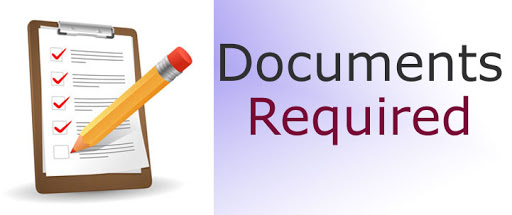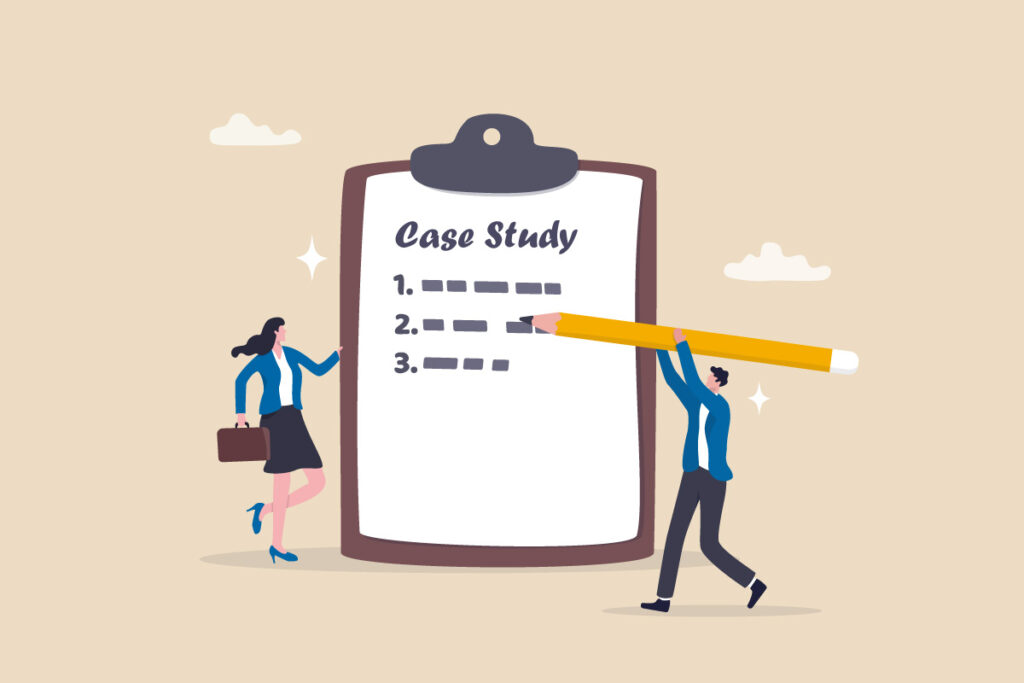- By TOP CHINA FREIGHT
- September 11, 2025
- Rail Freight, Shipping
Table of Contents
The China Europe Railway Express has become a crucial logistics solution for businesses engaged in international trade. With increasing demand for faster, cost-efficient shipments, many companies are turning to rail freight as a reliable alternative to air and sea transport. However, navigating transit schedules, customs procedures, and shipping costs can be challenging.

What Is the China Europe Railway Express?
The China Europe Railway Express is a rail freight service connecting China to various European countries. It serves as a middle ground between air and sea shipping, offering faster transit than sea freight and lower costs than air freight.
Key Features:
- Speed: 15–20 days on average, depending on the route.
- Capacity: Handles full containers (FCL) and less-than-container loads (LCL).
- Reliability: Predictable schedules with limited delays compared to sea transport.
Moreover, the railway network continues to expand, with routes connecting China to Germany, Poland, Spain, Russia, and other European destinations, creating new opportunities for import/export businesses.
How Does China Europe Railway Express Compare with Other Methods?
Choosing the optimal shipping method involves balancing cost, transit time, and cargo type.
Shipping Method Comparison Table
| Method | Average Cost | Transit Time | Pros | Cons |
|---|---|---|---|---|
| China Europe Railway Express | $3,000–$5,000 per 40ft container | 15–20 days | Fast, reliable, medium cost | Limited destinations, seasonal congestion |
| Sea Freight | $3,500–$6,000 per 40ft container | 30–40 days | Cheapest, large capacity | Slow, port delays |
| Air Freight | $6–$12 per kg | 3–7 days | Fastest, secure | Very high cost, limited volume |
How Much Does It Cost to Ship via Railway Express?

Rail freight rates vary depending on container size, route, and cargo type.
| Container Size | Standard Rate | Notes |
|---|---|---|
| 20ft | $1,800–$3,000 | Suitable for small shipments |
| 40ft | $3,000–$5,000 | Economical for larger shipments |
| LCL | $50–$120 per cubic meter | For partial loads, consolidation recommended |
Working with a freight forwarder can help secure discounts, consolidate shipments, and reduce hidden costs such as customs fees and port handling charges.
Which Routes Are Available for China Europe Railway Express?
The network connects major Chinese cities like Chengdu, Chongqing, Wuhan, and Yiwu to European hubs:
| Departure | Destination | Transit Time |
|---|---|---|
| Chengdu | Hamburg | 18 days |
| Wuhan | Warsaw | 16 days |
| Yiwu | Madrid | 20 days |
| Chongqing | Duisburg | 15 days |
Furthermore, these routes are continuously optimized, ensuring predictable delivery schedules and improved supply chain efficiency.
What Documents Are Required for Rail Freight?

| Document | Purpose | Required By |
|---|---|---|
| Commercial Invoice | Declares item description, HS codes, and value | Customs |
| Packing List | Details cargo dimensions and weight | Customs & Carrier |
| Bill of Lading | Proof of shipment | Carrier & Importer |
| Certificate of Origin | Confirms manufacturing country | Customs & Trade Agreements |
| Transit Permit | For cross-border railway | Customs Authorities |
Freight forwarders often manage document preparation, helping reduce delays and ensuring regulatory compliance.
How to Secure the Best Shipping Rates on China Europe Railway Express?
Comparing quotes ensures competitive rates.
Combining LCL cargo reduces per-unit cost.
Efficient packing maximizes container space.
Avoid congestion during high-demand periods.
Forwarders provide insights into route optimization and logistics trends.
Air vs Rail vs Sea: Pros and Cons

Understanding each method’s advantages helps businesses choose the best logistics solution.
| Factor | Air Freight | Sea Freight | Railway Express |
|---|---|---|---|
| Cost | Very High | Low | Medium |
| Transit Time | 3–7 days | 30–40 days | 15–20 days |
| Reliability | High | Moderate | High |
| Cargo Volume | Small | Large | Medium |
| Ideal For | Urgent goods | Bulk shipments | Standard FCL/LCL |
Case Study: Using Railway Express for Electronics Shipment

A technology company shipping electronics from Chongqing to Hamburg faced high air freight costs and sea freight delays.
Challenge:
Reduce cost while maintaining predictable transit times.
Solution:
Switch to China Europe Railway Express with consolidated LCL shipments.
Results:
Transit time reduced from 35 days (sea) to 17 days (rail), costs decreased by 25%, and customs clearance was streamlined.
This demonstrates how leveraging the rail network can balance speed and cost while improving supply chain reliability.
Tips to Maximize Efficiency on China Europe Railway Express
- Plan shipments to avoid seasonal congestion.
- Consolidate smaller shipments into full containers.
- Use professional freight forwarders for documentation and customs clearance.
- Monitor logistics trends to anticipate rate changes.
- Track shipments in real time for better supply chain management.
Additionally, staying updated with European customs requirements ensures smoother operations and fewer delays.
Conclusion
The China Europe Railway Express offers businesses a balanced alternative between air and sea freight, combining speed, cost-efficiency, and reliability. By consolidating shipments, optimizing packaging, and collaborating with expert forwarders, companies can minimize shipping costs, streamline customs clearance, and improve overall supply chain performance. Choosing the right routes and leveraging logistics insights ensures timely deliveries and predictable transit schedules for import/export operations across Europe.
Need a Shipping Quote?
If you want expert guidance and peace of mind, our team is ready to assist.
TJ China Freight offers tailored solutions to help businesses of all sizes ship more reliably from China.

FAQ
Q1:Can I ship LCL cargo via railway express?
Yes, LCL shipments are allowed. Consolidating partial loads reduces per-unit costs and improves overall logistics efficiency.
Q2:What are the main advantages of railway express over sea freight?
Rail is faster than sea, more reliable, and avoids port congestion while being more cost-effective than air freight for medium-sized shipments.
Q3:How do I secure the best rates on China Europe Railway Express?
Negotiate multiple quotes, consolidate shipments, optimize packaging, and partner with experienced freight forwarders for route optimization and cost savings.
Q4:What documents are required for cross-border rail shipments?
Commercial invoice, packing list, bill of lading, certificate of origin, and transit permits are essential for customs compliance.
Q5:Can I track shipments in real time on railway express?
Yes, freight forwarders provide tracking updates for transit, customs clearance, and delivery schedules, improving supply chain visibility.
